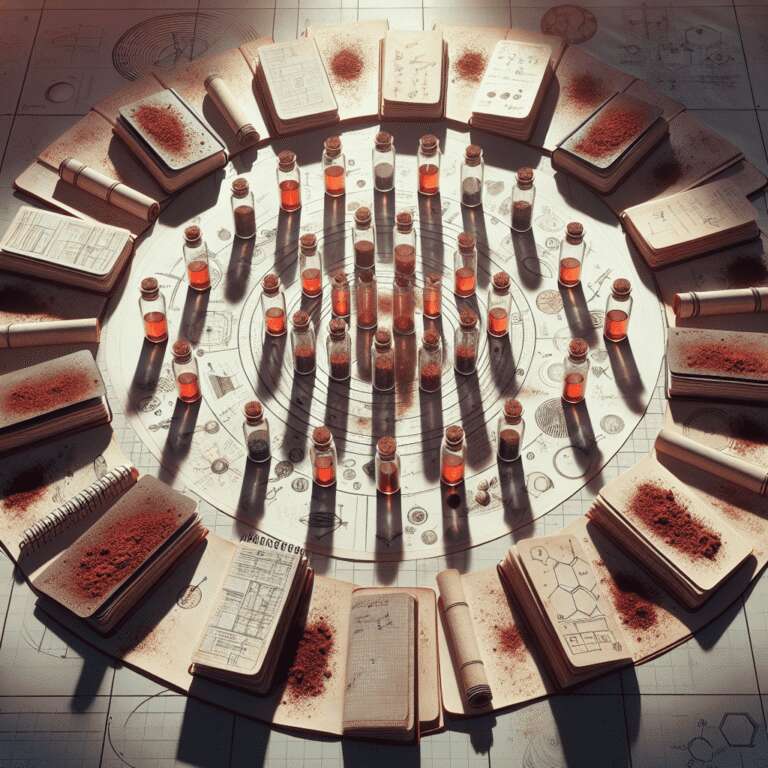Artificial intelligence researchers have developed a collaborative system named AstroAgents that is capable of conducting autonomous research in astrobiology, the field that seeks to understand the origins and existence of life in the Universe. The system consists of eight individual ´AI agents´ that analyze complex datasets and generate scientific hypotheses, aiming to automate and accelerate scientific discovery. AstroAgents stands out among a growing suite of Artificial Intelligence-powered tools that target various phases of scientific workflow, from data analysis to hypothesis generation and even paper drafting.
The creators of AstroAgents intend to use it on samples that NASA is planning to return from Mars. By analyzing these rock and soil samples, the system aims to detect organic molecules that could signify the past or present existence of life. The technology was presented at the International Conference on Learning Representations in Singapore, and according to NASA Goddard astrobiologist Denise Buckner, AstroAgents is helping refine the search for molecular biosignatures, illuminating how life-associated molecules form and persist in different cosmic environments.
AstroAgents is an example of an ´agentic AI´ system, built atop large language models and designed to operate autonomously—deciding what needs to be done, delegating tasks, evaluating progress, and adapting accordingly. This allows for more active and coordinated scientific inquiry compared to traditional Artificial Intelligence applications. The system uses specialized agent prompts—such as ´data analyst,´ ´planner,´ and ´critic´—to divide and conquer the process of hypothesis creation, with a planning agent orchestrating rounds of collaborative refinement. In initial trials, the research team employed both Claude Sonnet 3.5 and Gemini 2.0 Flash language models to process mass-spectrometry data from eight meteorites and ten terrestrial soil samples, iteratively refining their hypotheses through multiple rounds. This division of labor among Artificial Intelligence-driven agents is considered a novel approach to handling complex, multidisciplinary astrobiology research tasks at scale.

